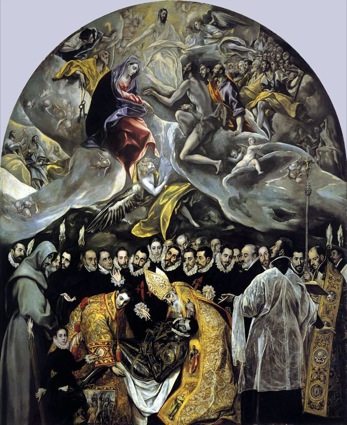Last night, in the parking lot of the temple of organic food, I saw the following bumper sticker:

God Bless the Whole World, No Exceptions!
I’ve seen in before of course, but it only came to mind then what it really meant:
There probably isn’t a God, but even if there is, then there is still no sin.
Thus sayeth the driver of the green Subaru Outback in parking row #7. And perhaps President Obama, since his smiling face was on the bumper sticker right next to it.
I was thinking earlier about how all of us fallen human beings are really not that different from each other. We don’t like the effects of the fall (rightly so), and set out to do something about it.
The fundamentalist tries to get rid of sin by changing everyone’s behavior.
The liberal tries to get rid of sin by redefining sin so that it (almost) doesn’t exist.
Continue reading “Bumper sticker musings”


